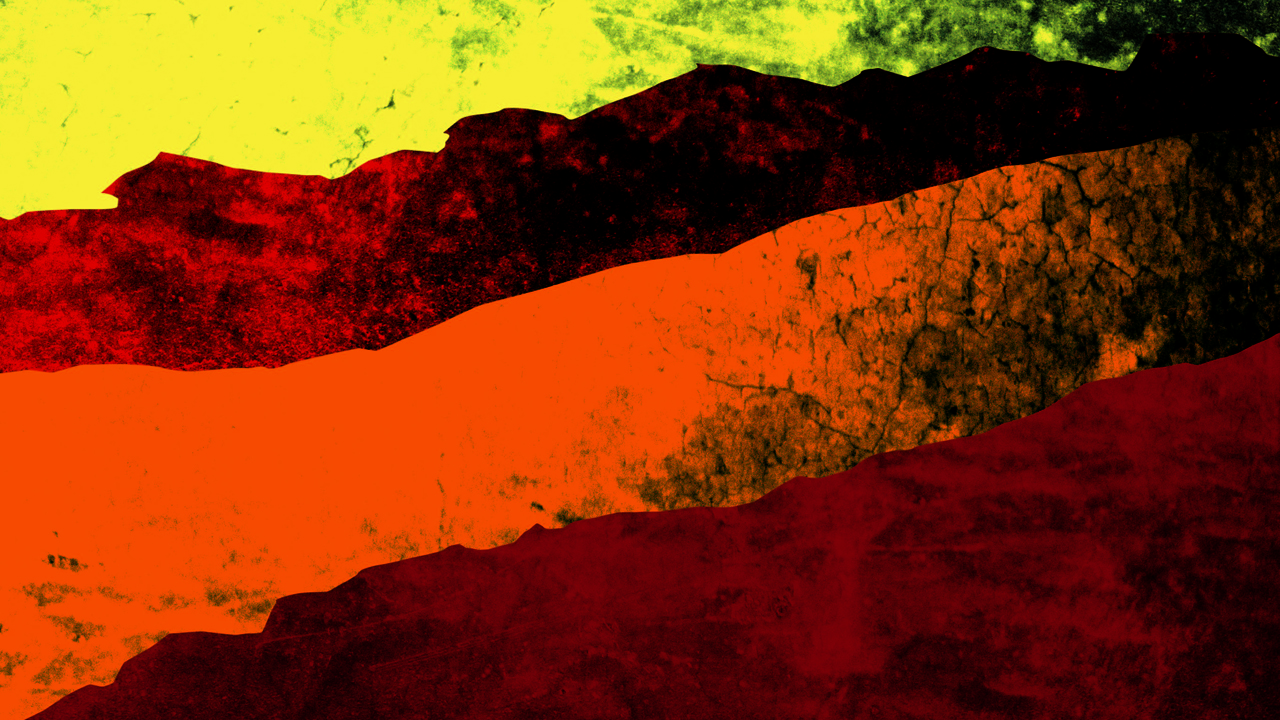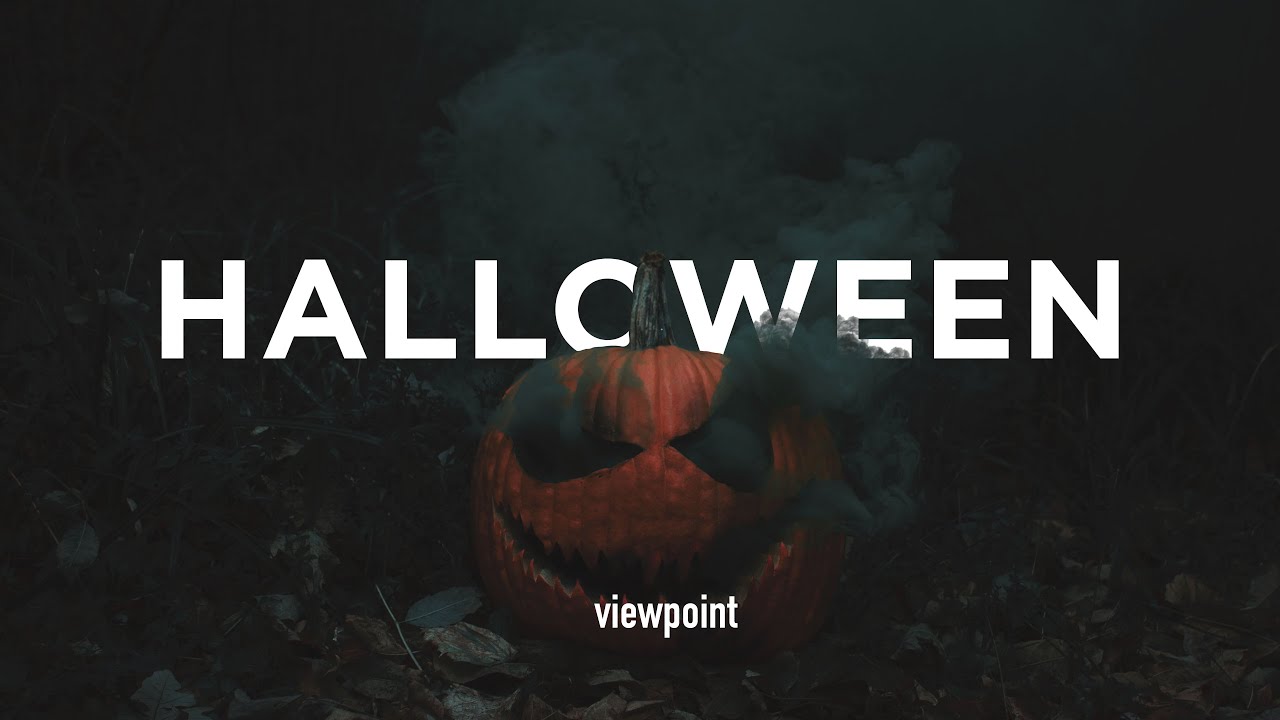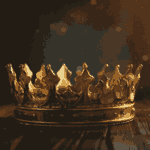Halloween – Bill Butler vision.org
Halloween is rooted in ancient pagan rites and customs. Why do those who claim Christian identity keep it? Paul told the followers of Christ to disassociate themselves such customs when he said “…what accord has Christ with Belial? …‘Come out from among them and be separate, says the Lord’” (2 Corinthians 6:14–17). Christians ought to reject this overtly pagan festival.
Halloween’s history goes back 2,000 years to the Celtic inhabitants of the British Isles, and their fire festival called Samhain, or “summer’s end,” which celebrates their new year on November 1. As light waned in the Fall, they sought protection from the “otherworld”, feared that spirits roamed freely on Samhain, and heralded the supremacy of night over day.
The festival survived through the Roman Empire in familiar forms, and was ultimately adopted and endorsed by the Catholic Church. Catholic leaders encouraged the redefinition of traditional customs into Christian terms and concepts, believing Paganism could be consecrated to Christ. So November 1 was declared “All Saints’ Day”, with the celebration beginning the day prior. Later, to more directly incorporate Samhain’s intent and practices, the Church appointed November 2 as “All Souls’ Day”. The Christian observance thereby directly mirrored the Pagan one, with all the familiar practices in place; night was the time of the wandering dead, offerings were made to masked and costumed revelers, and bonfires were lit on 31 October, “Eve of All Saints”, the “Eve of All Hallows”, or “Hallow Even”.
In colonial New England, the festival did not become popular until the second half of the 19th century when Irish immigrants fleeing the Irish potato famine arrived and introduced their Halloween customs.
Today, Neopagans often claim Halloween as the most important holy day of the year. They are fully aware that “Christian” celebrations such as Halloween are, in fact, thoroughly pagan festivals.
Isaac Bonewits, Neopagan author and retired archdruid, notes on his website: “The Christian Church was unable to get the people to stop celebrating this holiday, so they simply sprinkled a little holy water on it and gave it new names, as they did with other Paleopagan [or ancient pagan] holidays and customs.”
Report Story




